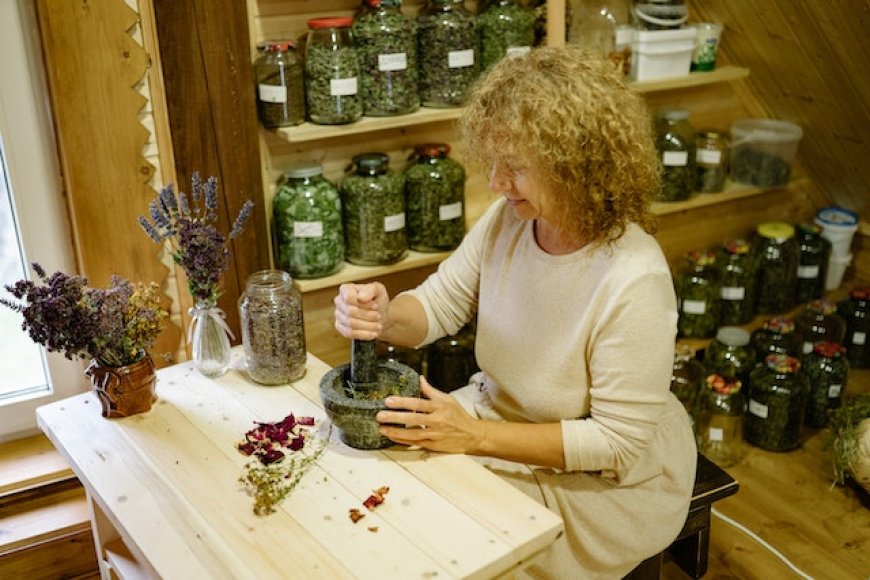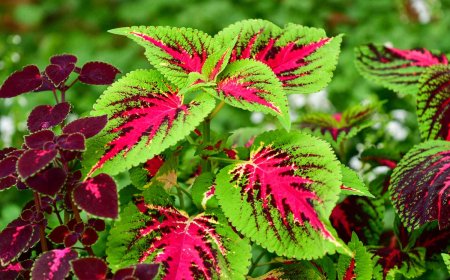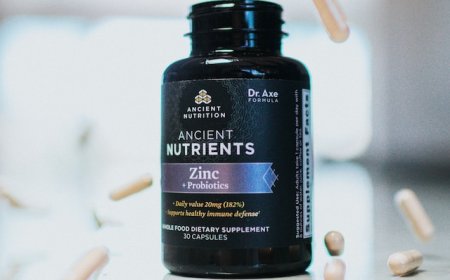Herbal and Botanical Supplements
Explore the use of herbal and botanical supplements, such as ginseng, turmeric, and echinacea. Discuss their traditional uses, potential health benefits, and interactions with medications.

Herbal and botanical supplements have been used for centuries in traditional medicine systems worldwide. These natural remedies, derived from plants and botanical sources, offer a wide range of potential health benefits. In this article, we will explore the uses, potential benefits, and considerations of popular herbal and botanical supplements such as ginseng, turmeric, and echinacea.
- Ginseng:
- Traditional Uses: Ginseng is an adaptogenic herb known for its ability to help the body adapt to stress. It has been used in traditional Chinese medicine to improve vitality, boost energy levels, and enhance cognitive function.
- Potential Health Benefits: Ginseng has been studied for its potential effects on improving mental performance, reducing fatigue, and supporting immune function. It may also have antioxidant and anti-inflammatory properties.
- Interactions and Considerations: Ginseng may interact with certain medications, including blood thinners and diabetes medications. It's important to consult with a healthcare professional before using ginseng, especially if you have underlying health conditions or are taking other medications.
- Turmeric:
- Traditional Uses: Turmeric is a vibrant yellow spice commonly used in Indian cuisine. In traditional Ayurvedic medicine, it has been valued for its anti-inflammatory and digestive properties.
- Potential Health Benefits: Turmeric contains a compound called curcumin, which has shown potential anti-inflammatory, antioxidant, and immune-modulating effects. It may support joint health, promote digestive wellness, and have protective effects on brain health.
- Interactions and Considerations: Turmeric may interact with certain medications, such as blood thinners and medications metabolized by the liver. If you have gallbladder issues or are scheduled for surgery, it's important to consult with a healthcare professional before using turmeric supplements.
- Echinacea:
- Traditional Uses: Echinacea is a flowering plant commonly used in traditional Native American medicine for its immune-stimulating properties. It has been traditionally used to support immune health and aid in the management of cold and flu symptoms.
- Potential Health Benefits: Echinacea supplements are often used to support immune function and reduce the severity and duration of the common cold. It may also have anti-inflammatory and antioxidant properties.
- Interactions and Considerations: Echinacea may interact with certain medications, such as immunosuppressants and medications that affect liver enzymes. It's important to consult with a healthcare professional before using echinacea supplements, especially if you have underlying health conditions or are taking other medications.
Importance of Safety and Quality: When using herbal and botanical supplements, it's crucial to prioritize safety and quality. Ensure that you purchase supplements from reputable manufacturers and look for third-party testing and quality certifications. Additionally, it's essential to follow the recommended dosage and guidelines provided by the manufacturer or a healthcare professional.
Consult with a Healthcare Professional: Before incorporating herbal and botanical supplements into your routine, it's advisable to consult with a healthcare professional. They can assess your individual needs, evaluate potential risks and interactions, and provide personalized recommendations based on your specific circumstances.
Conclusion: Herbal and botanical supplements offer a natural approach to promoting health and well-being. However, it's important to remember that they should be used with caution and under the guidance of a healthcare professional. While ginseng, turmeric, echinacea, and other herbal supplements have shown potential health benefits, they may also interact with medications and have certain considerations. Prioritize safety, quality, and consult with a healthcare professional to determine if herbal and botanical supplements are suitable for you based on your individual needs and health status.
What's Your Reaction?


































































































